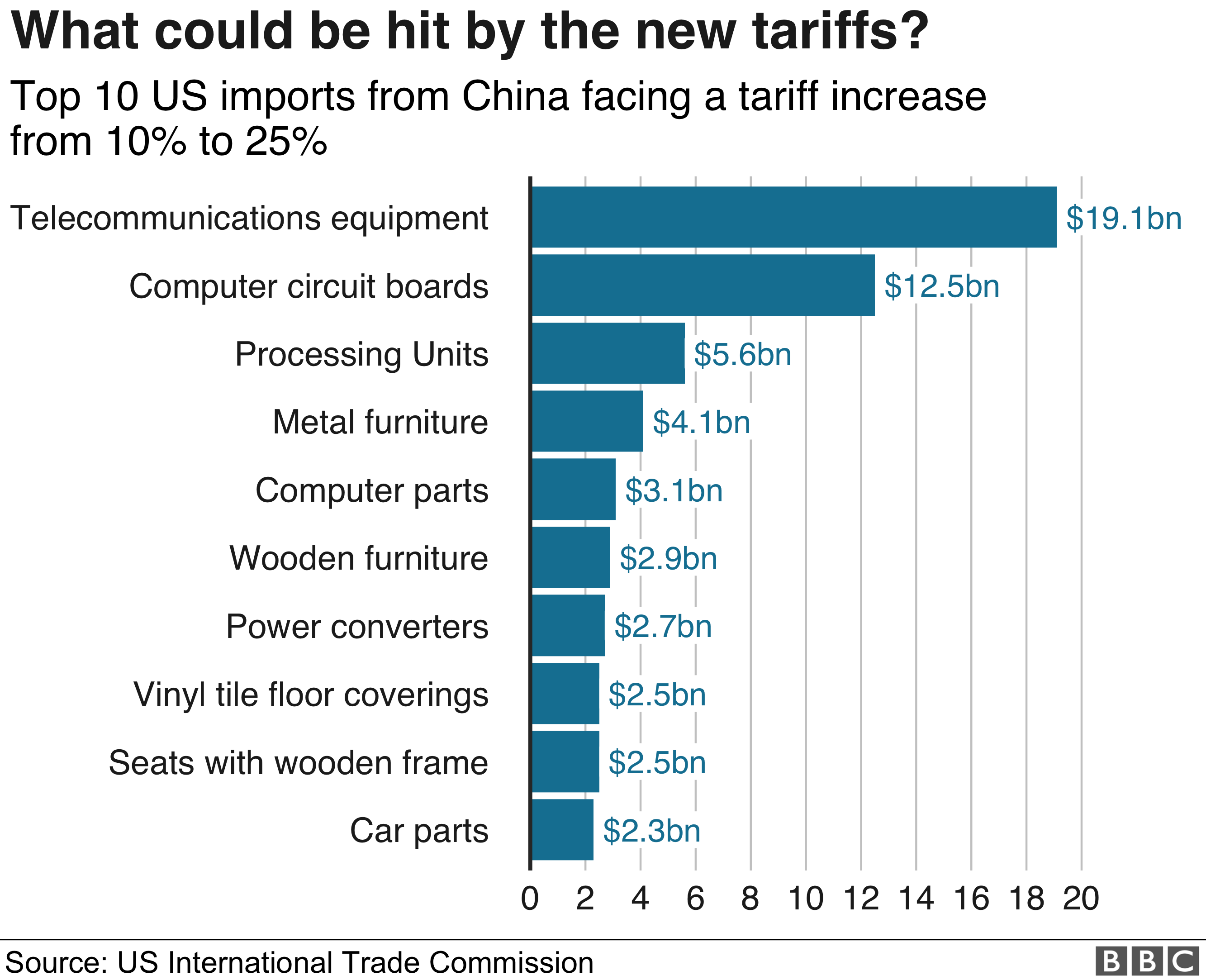The Value Of Middle Managers: Benefits For Companies And Employees

Table of Contents
Many organizations question the necessity of middle management, often viewing it as a costly layer of bureaucracy. However, this perspective overlooks the significant contributions of effective middle managers. They are the crucial link bridging executive leadership and frontline employees, translating strategic visions into actionable plans and fostering a productive and engaged workforce. This article explores the substantial value that middle managers bring to both companies and their employees, demonstrating why investing in and supporting them is essential for overall success.
Enhanced Employee Engagement and Performance
Effective middle managers are instrumental in driving employee engagement and boosting overall performance. Their role extends far beyond simply assigning tasks; they are key players in creating a positive and productive work environment.
Improved Communication and Feedback
Middle managers act as a vital communication conduit, ensuring that information flows seamlessly between executive leadership and frontline employees. This bidirectional communication is crucial for:
- Facilitates open dialogue and feedback loops: Regular check-ins, team meetings, and open-door policies encourage transparent communication and allow employees to voice their concerns and suggestions.
- Reduces misunderstandings and improves clarity of goals: By clarifying expectations and providing regular updates, middle managers ensure everyone is working towards the same objectives, minimizing confusion and wasted effort.
- Promotes a sense of belonging and inclusion: When employees feel heard and valued, their engagement and job satisfaction increase significantly. Middle managers play a crucial role in fostering this sense of community.
Mentorship and Development
Beyond communication, middle managers provide invaluable mentorship and guidance, supporting the professional growth of their team members. This includes:
- Identifying training needs and facilitating skill development: By closely observing their team, middle managers can identify skill gaps and advocate for training opportunities to improve individual and team performance.
- Providing regular performance feedback and coaching: Constructive feedback, delivered regularly and tailored to individual needs, helps employees improve their performance and reach their full potential.
- Acting as a champion for employee career progression: Middle managers can identify high-potential employees and advocate for their advancement within the organization, fostering loyalty and retention.
Increased Motivation and Productivity
Motivated employees are productive employees. Middle managers play a critical role in fostering a motivated and high-performing team by:
- Setting clear expectations and providing necessary resources: When employees understand their roles and have the tools they need to succeed, they are more likely to be productive and engaged.
- Recognizing and rewarding employee contributions: Acknowledging and rewarding good work, both big and small, is essential for boosting morale and motivation.
- Creating a positive and supportive work environment: A positive work environment fosters collaboration and reduces stress, leading to increased productivity and job satisfaction.
Improved Company Performance and Efficiency
The positive impact of effective middle managers extends beyond individual employee performance; it directly influences overall company efficiency and profitability.
Strategic Implementation
Middle managers are crucial for translating high-level strategic goals into actionable plans at the team level. They effectively:
- Break down complex objectives into manageable tasks: This ensures that large-scale projects are approached methodically and efficiently.
- Ensure efficient allocation of resources: Middle managers optimize resource allocation within their teams, maximizing productivity and minimizing waste.
- Monitor progress and make necessary adjustments: By tracking progress and identifying potential roadblocks, middle managers can proactively adjust plans to ensure successful project completion.
Problem Solving and Decision Making
Middle managers are often the first responders to operational challenges, making timely decisions that prevent issues from escalating. Their responsibilities include:
- Identifying and resolving conflicts within the team: Effective conflict resolution is crucial for maintaining a harmonious and productive work environment.
- Proactively identifying and addressing potential problems: Middle managers can anticipate and address potential problems before they impact overall performance.
- Making informed decisions based on available data and resources: They use data-driven insights to make sound decisions that benefit their teams and the organization.
Enhanced Collaboration and Teamwork
Effective middle managers foster seamless collaboration within and between teams, improving overall efficiency and productivity. This involves:
- Facilitating communication and coordination between teams: Middle managers ensure that information flows smoothly between different teams, preventing delays and misunderstandings.
- Promoting a culture of teamwork and collaboration: They encourage collaboration and knowledge sharing, leveraging the diverse skills and expertise within the organization.
- Ensuring alignment of goals and objectives across teams: This ensures that everyone is working towards the same overarching goals, improving overall efficiency.
The Importance of Investing in Middle Management
Organizations must recognize the crucial role of middle managers and invest in their development and growth to fully realize the benefits discussed above.
Training and Development Programs
Investing in ongoing training and development for middle managers is crucial for enhancing their skills and capabilities. This includes:
- Leadership training programs: Developing leadership skills is vital for effective team management and motivating employees.
- Communication and conflict resolution workshops: Effective communication and conflict resolution skills are essential for creating a positive and productive work environment.
- Strategic planning and execution courses: Equipping middle managers with strategic thinking skills allows them to better translate organizational goals into actionable plans.
Recognition and Rewards
Recognizing and rewarding the contributions of middle managers is crucial for boosting morale, improving retention, and attracting top talent. This includes:
- Performance-based bonuses and incentives: Rewarding performance motivates middle managers and encourages continued high performance.
- Opportunities for career advancement: Providing opportunities for advancement shows appreciation and encourages continued dedication.
- Public acknowledgement of achievements: Acknowledging achievements in front of peers and superiors is a powerful motivator.
Empowering Middle Managers
Empowering middle managers to make decisions within their areas of responsibility fosters ownership and increases engagement. This involves:
- Delegating authority and responsibility: Giving middle managers autonomy empowers them and fosters a sense of ownership.
- Providing the necessary resources and support: Ensuring middle managers have the resources they need to succeed reduces stress and increases effectiveness.
- Trusting their judgment and expertise: Demonstrating trust empowers middle managers and increases their commitment to the organization.
Conclusion
Middle managers are not simply a layer of bureaucracy; they are essential for driving employee engagement, improving company performance, and fostering a positive and productive work environment. Investing in your middle management team, through training, development, and empowerment, is an investment in the overall success of your organization. By recognizing the value of middle managers and implementing strategies to support their growth and development, companies can unlock significant benefits for both employees and the organization as a whole. Don't underestimate the power of effective middle management – it's time to invest in the future of your company by valuing your middle managers and optimizing your middle management structure.

Featured Posts
-
 The Closure Of Anchor Brewing Company Whats Next
Apr 22, 2025
The Closure Of Anchor Brewing Company Whats Next
Apr 22, 2025 -
 Trumps Trade War A Threat To Us Financial Leadership
Apr 22, 2025
Trumps Trade War A Threat To Us Financial Leadership
Apr 22, 2025 -
 Robotic Automation In Footwear The Nike Case Study
Apr 22, 2025
Robotic Automation In Footwear The Nike Case Study
Apr 22, 2025 -
 Aramco And Byd Join Forces Exploring The Future Of Electric Vehicles
Apr 22, 2025
Aramco And Byd Join Forces Exploring The Future Of Electric Vehicles
Apr 22, 2025 -
 Gambling On Natural Disasters The Los Angeles Wildfires And The Changing Landscape Of Betting
Apr 22, 2025
Gambling On Natural Disasters The Los Angeles Wildfires And The Changing Landscape Of Betting
Apr 22, 2025
